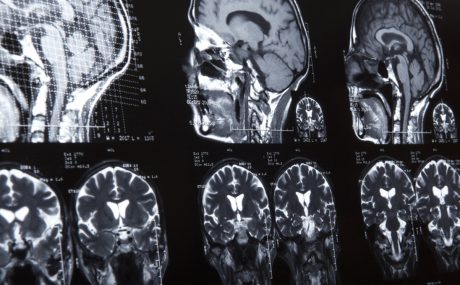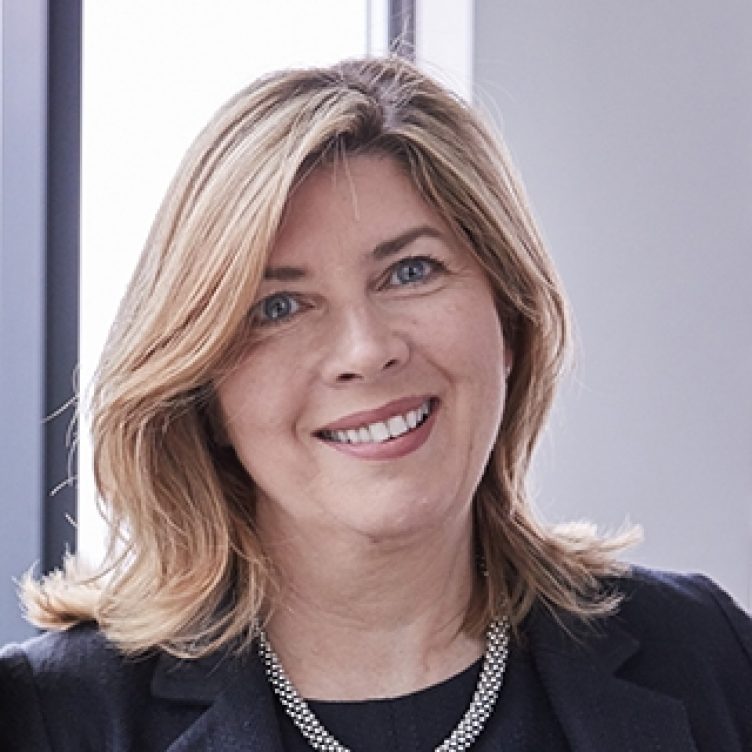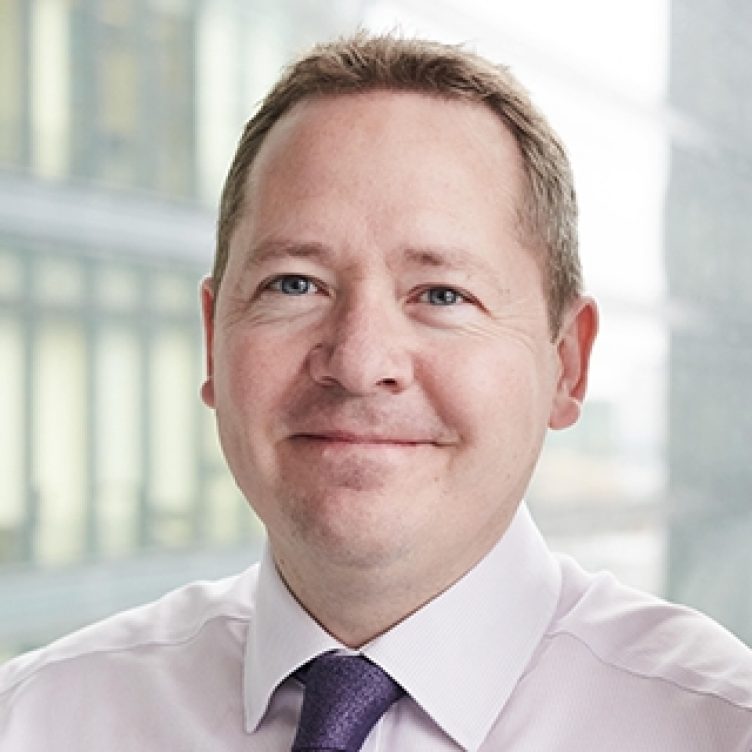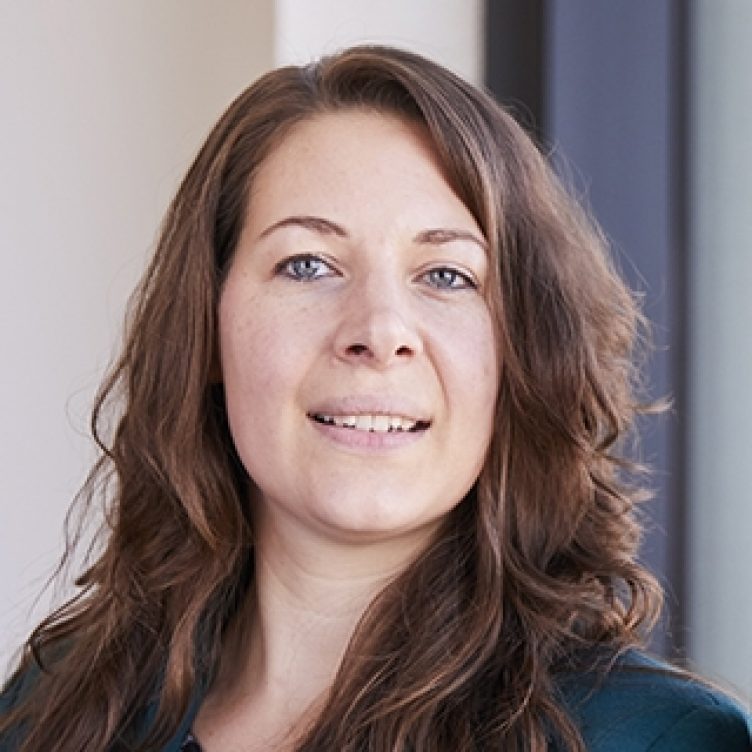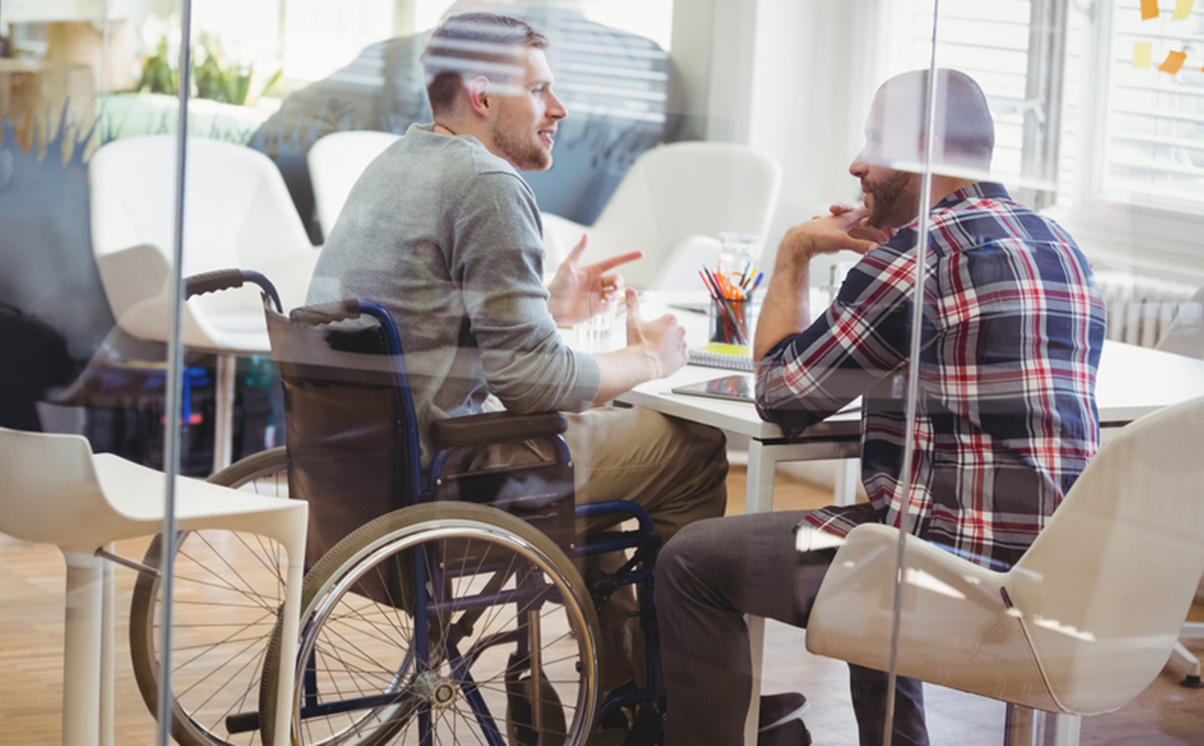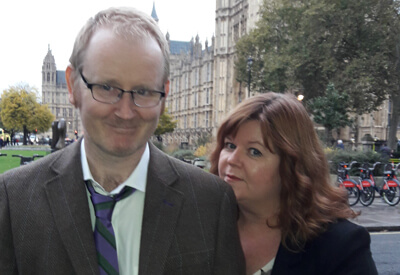(read time: < 3 mins)
Stephanie Clarke, Scott Rigby and Charlotte Tan recently represented Stewarts at the Cognitive Communication Disorder Symposium. Here they review what was discussed at the conference and the key take away points for practitioners from the day.
Brain injury survivors often suffer with a wide range of communication difficulties which amount to more than just a loss of speech. This was one of the key messages of the recent Academic and Clinical Symposium in Cognitive Communication Disorders (CCD) which took place at Homerton Hospital on 20 and 21 September 2018, sponsored by Stewarts. The event was chaired by Simon Grobler, Highly Specialist Speech & Language Therapist, Adult Community Rehabilitation Team at Homerton University Hospital, Dr Nick Behn, Research Fellow at City University, and Clare Farrington-Douglas, Head of Speech and Language Therapy at Homerton University Hospital.
The event was truly international in nature with delegates from all over Europe, Canada, Australia, New Zealand and Japan. The event was also attended by Speech and Language Therapists from the main NHS teaching hospitals in the UK.
The key speakers were two of the foremost and respected speech-language pathologists in the world: Sheila MacDonald from the University of Toronto, Canada, and Jacinta Douglas from the University of Melbourne, Australia. Both demonstrated clear passion for their field of study, which made for interesting and informative talks and discussion.
Sheila shared the experiences of a number of her patients including the young popular college student who avoided social interaction following a car accident because she was unable to judge the situation and would speak inappropriately. She also told of a mum of two young girls who sustained a brain injury in an accident that also killed her eldest daughter, who was unable to relate to her younger daughter on an emotional level as a result of her injury.
It was noted that these types of CCD are often not recognised and therefore treated at an acute stage. Nevertheless, they can have a huge impact on a brain injury survivor’s ability to successful reintegrate with their family, friends and in to the work environment.
The symposium provided a platform for a number of speech and language therapists to present their UK based research relating to CCD in brain injury survivors and the methods being used to treat them. It highlighted the prevalence of CCD amongst brain injury survivors and, from the perspective of a personal injury lawyer, served as a key reminder that the impact of CCD must not be underestimated.
Reflecting on the conference, Claire Farrington-Douglas who organised the event commented:
“Our delegates benefitted from two international keynotes presenting at the event, which would not have been possible without Stewarts’ support. It was a great opportunity for networking and learning more about how the legal team can support people with brain injury.
We are hugely grateful to our main legal sponsor Stewarts for their generous contribution to the symposium.”
For more information about this event, please visit the conference website.
We are one of the leading brain injury law firms in the UK. We have the specialist knowledge, experience and understanding to deal with complex head injury claims. Find out more here – Brain Injury.
You can find further information regarding our personal injury expertise, experience and team on our Personal Injury pages.
If you require assistance from our team, please contact us or alternatively request a call back from one of our lawyers by submitting this form.
Life beyond injury
We have teamed up with some of our clients who have suffered catastrophic injuries to tell their stories of Life Beyond Injury. Please visit the Life Beyond Injury webpages here.
We hope that by sharing these stories, newly injured people can see that with the right support they too can overcome adversity to lead full and active lives.
You can join in the conversation and share your stories of overcoming adversity to lead a fulfilling life beyond injury: on Twitter, here #lifebeyondinjury; or on Facebook, here #lifebeyondinjury.
Subscribe – In order to receive our news straight to your inbox, subscribe here. Our newsletters are sent no more than once a month.

